Film Narrative 2 – Critical Reflection
Film Narrative 2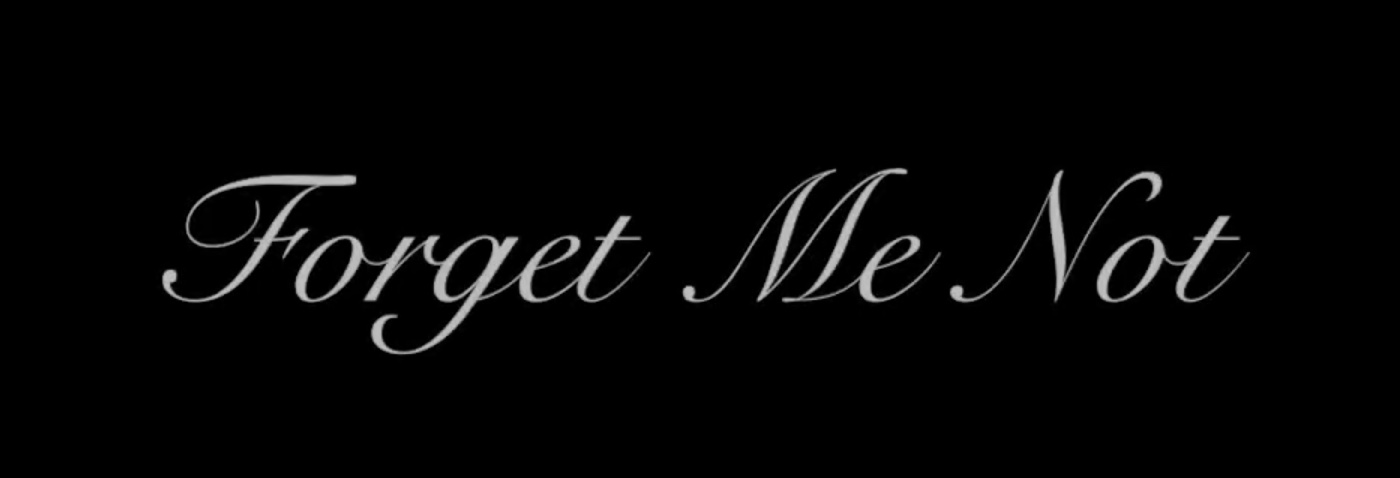
Feedback from the Crit

Our main feedback was that the film itself was inaudible due to low sound levels and an issue with sound mixing in post-production. This was something that could’ve been amended before submission and the crit, but was overlooked and a result of not utilising technical post-production support.
We also didn’t communicate our narrative in the way we had intended to, likely due to multiple factors in pre-production and production. In pre-production we hyper-fixated on the idea itself, and then had less time to consider how to visually communicate our idea – an idea which wasn’t overly straightforward or obvious.
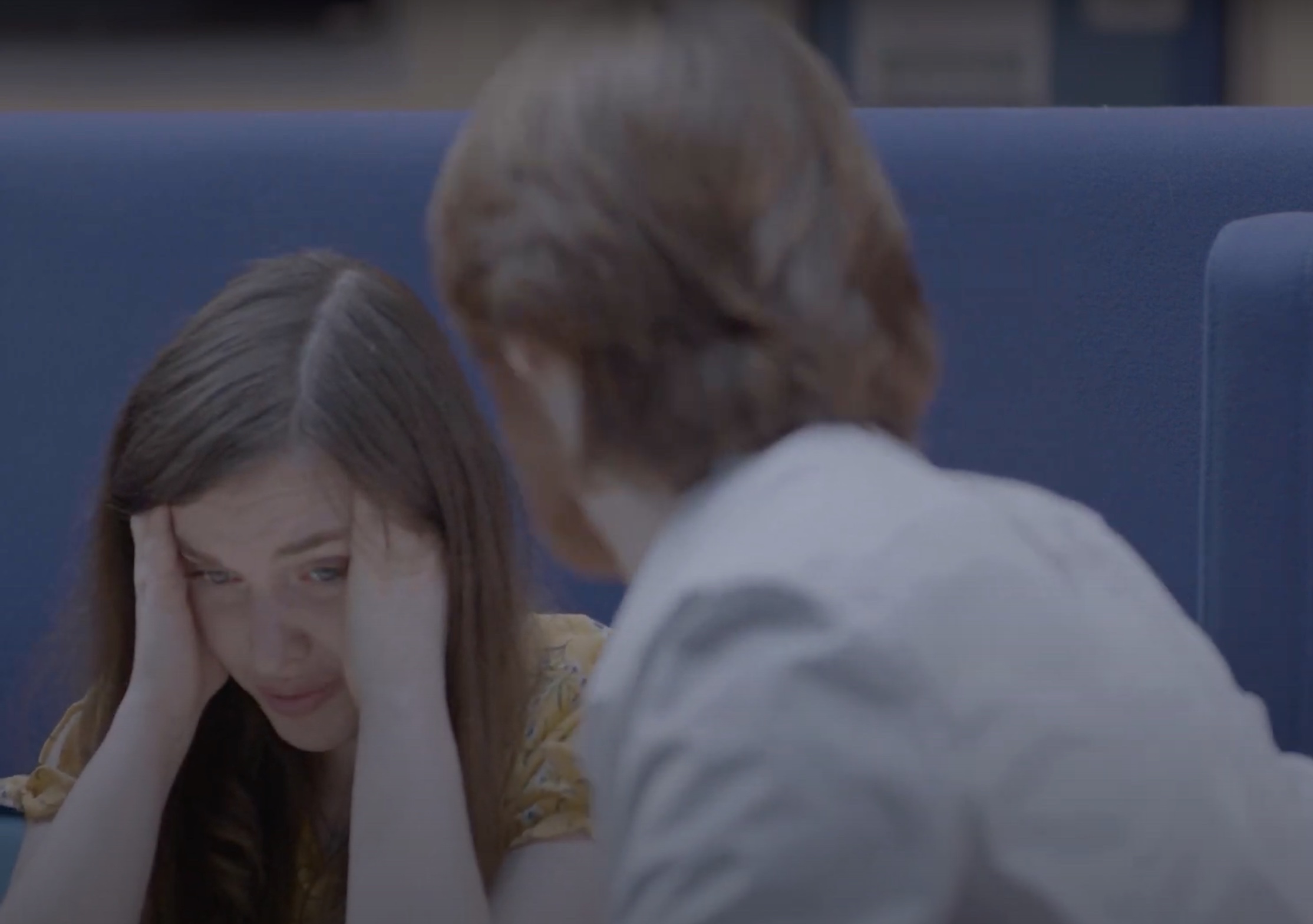
In production, there were creative differences but ultimately it is the director’s call. Our closeups were well-received, but the framing of some of the wide shots were considered ‘tight’ and cornered in the actress of Ailbhe. The over-the-shoulder shot of Oisin had a good focus-pull, but the framing was odd and the timing was off, as it blocked the view of Ailbhe at certain points. We didn’t have great shot coverage for options for a wide in post-production, as majority of our shots were closeups or more stylised shots. I think this was an oversight, but also something we can easily rectify on future projects. I’ve realised that sometimes opting for fewer shots that communicate the narrative clearly are better than having throw-away shots that are highly stylised and only work in a few instances or can’t be revisited throughout a film.
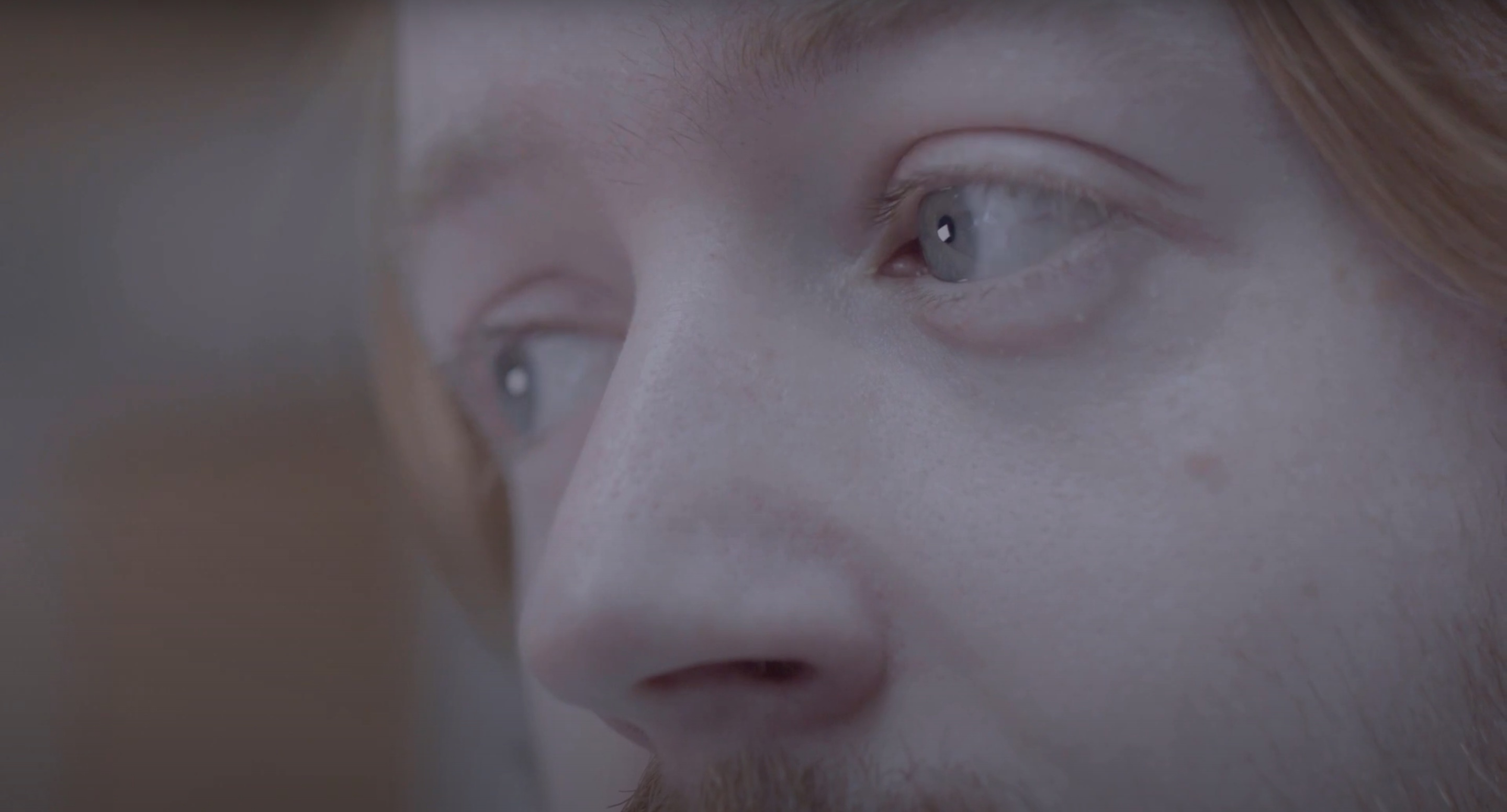
The performances of Connor and Ríona were complimented, but perhaps diminished by the inability to hear their dialogue. The tonal shift at the end didn’t support our desired narrative, but that wasn’t a reflection of the acting but the production plan. The moment of reveal was lost due to an overly emotional delivery, followed by heightened delivery of following lines – perhaps a change in the script or direction for the actors was needed to really emphasise that key moment for Ailbhe. We had no real hints at the camera crew being there before the reveal, and it ended up having a comedic effect. Perhaps we could’ve considered how to communicate and reveal that Ailbhe was hallucinating and seeing a camera crew that wasn’t actually there in other creative, inventive ways.
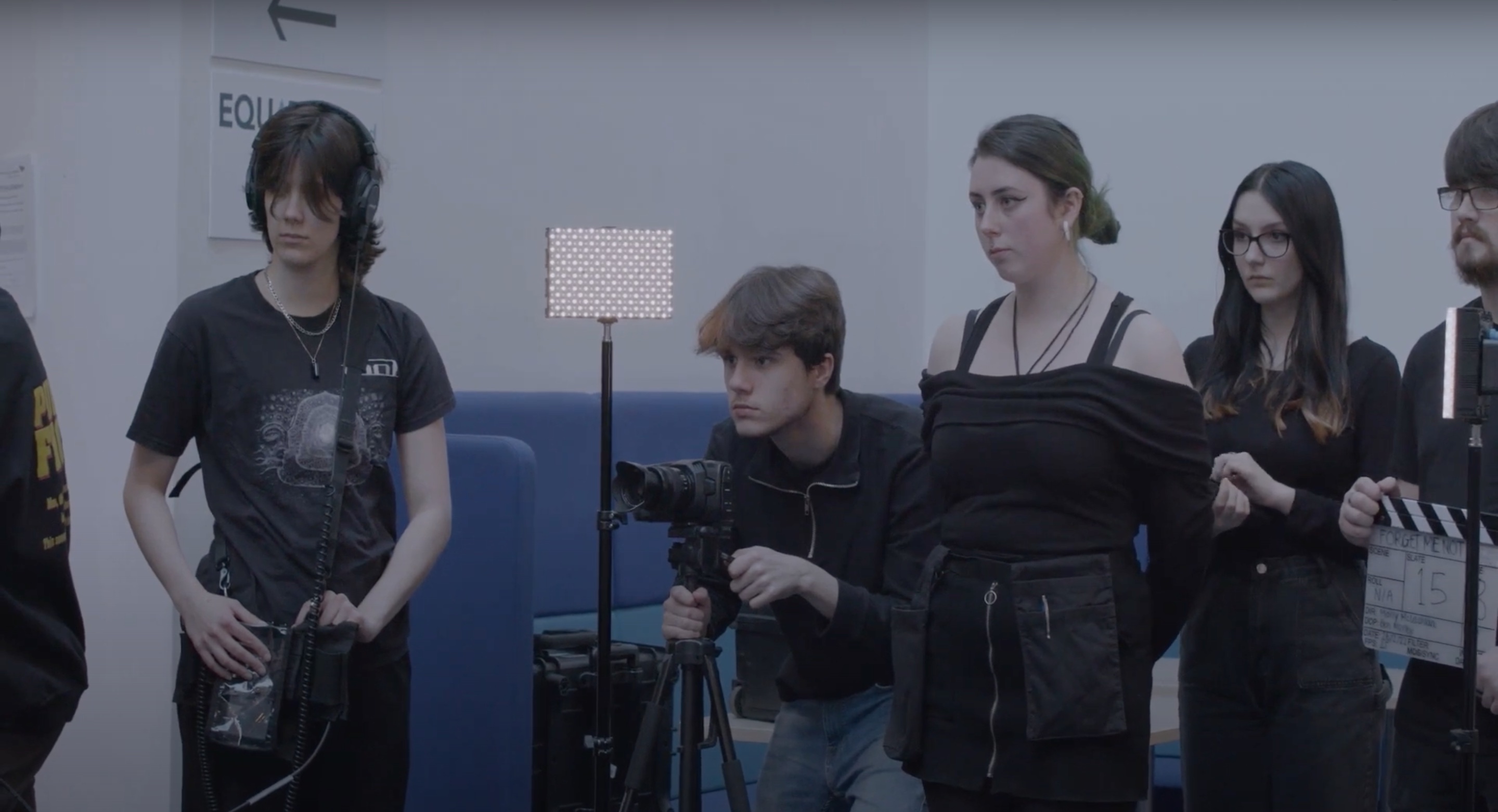
In hindsight I would’ve liked to incorporate more motion from the camera or more movement from the actors themselves, as the scene felt very motionless and static for something highly emotive. I would’ve perhaps suggested shots alluding to the camera crew before the end reveal, perhaps in the form of a point-of-view shot from the ‘dummy’ camera?
Personal Thoughts on the Feedback

I personally think all of the feedback was constructive and fair. Most of what was raised during the crit were issues I became aware of in production or post-production, which is perhaps partially my responsibility for not bringing more awareness to them when something could’ve been done about it. I wanted to allow the others to do their roles and not micro-manage, so despite having reservations about what I would’ve done differently myself, I stand by the choices made because they were a learning opportunity for everyone.
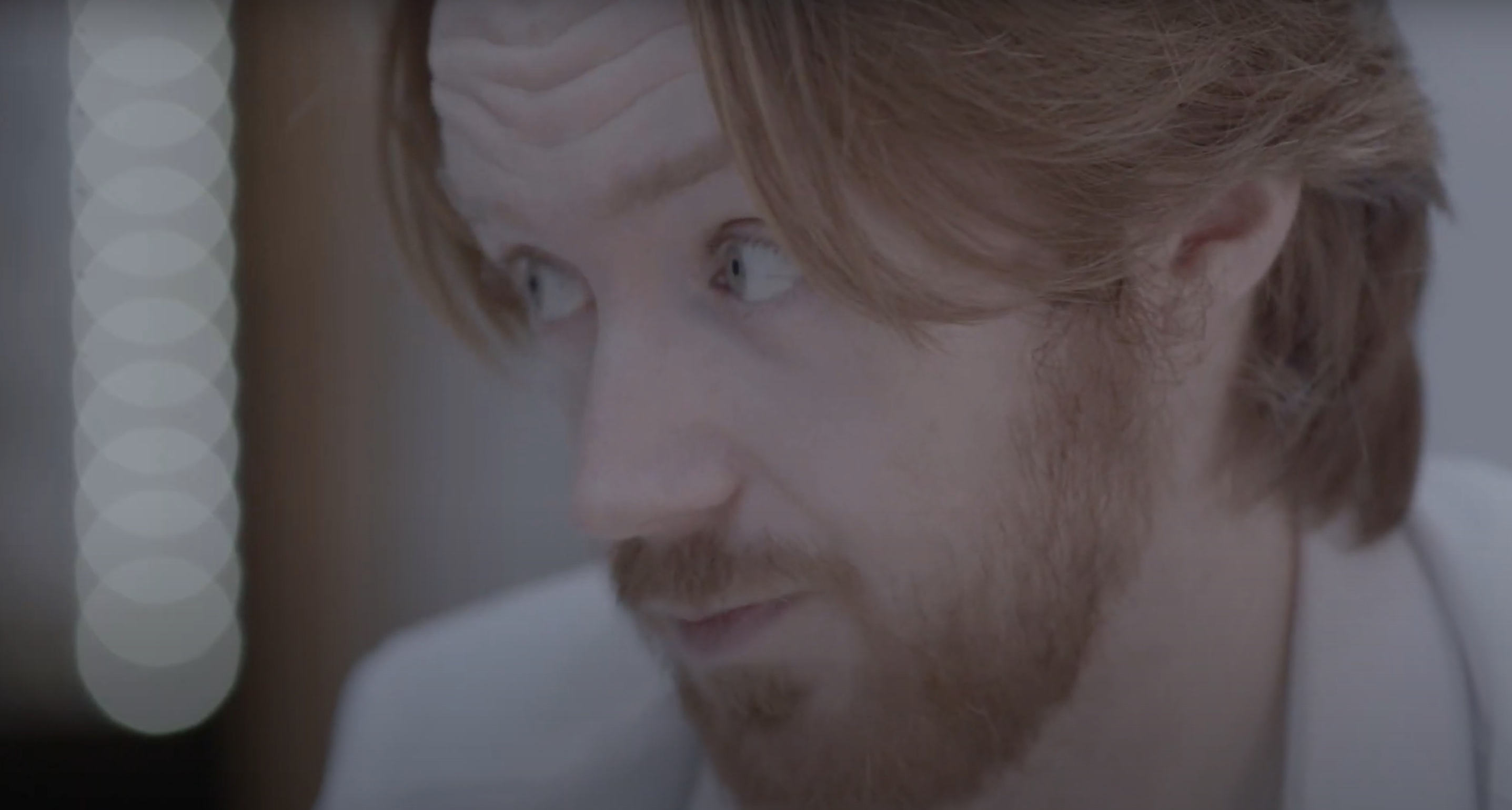
I do agree that the narrative was unclear and not communicated in a way that left no doubt in the audience’s mind that the film crew weren’t actually there and were merely a figment of Ailbhe’s imagination. I am disappointed that it didn’t work because I liked the idea and thought it had merit, but I’m also not entirely surprised because it took us weeks to consolidate and finalise the idea. If we had positioned ourselves more so from the perspective of the audience, we might’ve found a way to present the narrative in a clear, straightforward manner, rather than becoming absorbed by an idea we knew and understood by virtue of being the ones who planned it.
In-Class and Tutorial Feedback

I don’t feel we fully utilised the available help in class or in tutorials. We still received feedback on a rough cut of our film, but perhaps a second viewing would’ve highlighted many of the issues that arose during the crit. There was a sense of apprehension around the idea of our film and the ambition of it, which was valid looking back on it. I would say the main lesson I’ve learnt is to be unafraid of approaching staff for help and feedback prior to crits, and to make the most out of available resources to avoid being told something in a crit that could’ve been mentioned in a class or tutorial.
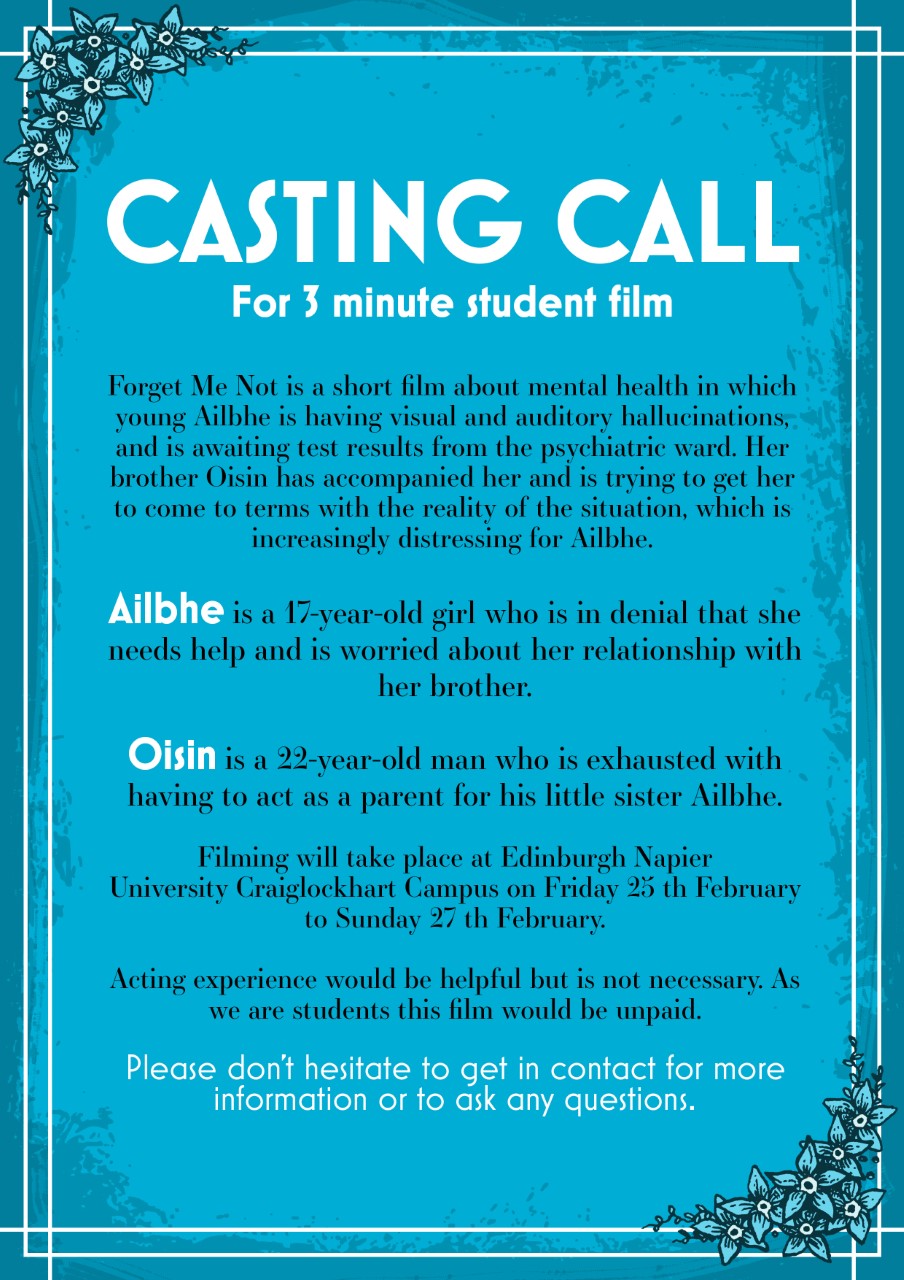
Authorship + Personal Contributions

I was the assistant director, producer, and writer of ‘Forget Me Not’. I began as the producer and then took on the role of writer due to restructuring within the crew, and issues with the script. All credits go to Fionntan for his half of the idea, as the film was a collaboration between two separate ideas we both initially had that amalgamated into one.
I was responsible for pre-production documents and planning, coordination and organisation of production, and overviewing post-production. Prior to that, I wrote the script for ‘Forget Me Not’. I was also assistant director on the shoots, keeping to schedule and ensuring it ran efficiently and smoothly.
Group-work Evaluation

We worked well together in pre-production and production. In the beginning, we had a lot of motivation and we were ambitious in the ideas we proposed. It wasn’t easy to settle on an idea, mainly due to how long it took to clarify for ourselves exactly what that idea was. We tried hard during pre-production, but in hindsight our energy was directed towards the wrong factors and we didn’t consider the wider narrative as much as we should have done.
Our production ran relatively smoothly, but I thought there were still things that weren’t clarified or planned while we were on-set that hadn’t been thought through enough. An example would be the narrative of our film, and ensuring that through the mise-en-scene and creative decisions it would be accessible to an audience and a story they could follow with ease. This ended up being our major issue in post-production, and despite our efforts and intentions, it wasn’t how we had planned.

I found at times there were issues with communication, collaboration, and production planning. Sometimes I felt expectations were held, but not communicated well enough, or that the element of collaboration that is vital to filmmaking was perhaps left to certain members of the group. In hindsight, we lost sight of the end goal of the final film in each production stage and struggled to contextualise and reorient ourselves.
For future projects, I would ensure communication is always upheld and that any expectations are voiced. In addition to that, I feel there should be more emphasis on collaboration at this stage regardless of role within the film hierarchy. I didn’t always feel my suggestions made on-set were heard, and I’m sure there were moments in which the other group members felt similarly. I would try to focus on how an idea is visually communicated in a cohesive, coherent way.
Lessons Learnt from ‘Forget Me Not’

I learnt a lot in the making of ‘Forget Me Not’, even if it didn’t turn out as hoped for. Below is a list of my lessons learnt from this module.
- The idea for a story matters, but don’t forget to put energy and focus towards the execution of that story. Don’t fixate so much on the story, that the technicalities of film become just a means to an end rather than a story in itself.
- Feedback is not personal. It is given out of the hope you will take it with you to your next project and learn from it.
- In film, an idea is only as good as the final film. As the film crew, it is hard to put yourself in the perspective of the audience and watch as though you’ve never seen it before or know what the story is meant to communicate. Don’t lose perspective.
- If you feel that your suggestions aren’t being heard or received, acknowledge it because it could make a difference at a later stage.
- Equally, make sure other people feel heard. Collaboration is the best part of filmmaking.
- Sky lights are not your friend for controlling the lighting.
- Schedule breaks and pre-order or pre-prepare lunch to keep the momentum going.
- Appearing professional pays off in casting calls and pre-production.
Notes from Other Groups

I always find at crits that I learn more from the feedback from other groups than I do my own, just in terms of the sheer quantity of useful tips. Below are some of my main lessons learnt from the feedback given to other groups.
- Communicate information through the shots you choose and the design of the mise-en-scene. Dialogue is not the only method of information delivery.
- Pre-visualisation in relation to the character(s) and narrative is vital. Have a clear idea of what it is you want to achieve, and how you want it to look. This will inform how you move forward.
- Pacing is important. Don’t overlook it, and don’t think that there can’t be moments of silence or stillness. Oftentimes they’re needed.
- In a two person shot, decide whose side the audience should be on – if applicable.
- Let emotions and reactions sink in for both the characters and audience.
- Rehearse more with actors to craft their performances. Try out acting exercises. Tailor it to the individual actor.
- Don’t sacrifice facts for mise-en-scene metaphors. Film are recreations of life, and if you want the audience to suspend their disbelief and stay there, they will need to believe it could be real.
- Establish the location with a wide shot. It’s a common mistake to not set the location in student films.
- Catchlights in actor’s eyes. No matter how good a performance is, it will be minimised if an actor’s eyes look ‘dead’ or ’empty’ because they don’t catch the light.
- Closeness helps in creating emotional intensity in film. Proximity is key.
- Swear words need to have impact. Remove them and see if the story is still impactful without it.
- Boom in the same way for continuity.
- Light for the master shot for continuity.
- Don’t use the same sound effects repeatedly. It is a giveaway of a library sound effect.
- Don’t pick cramped locations if you want to have complicated lighting setups.
I was really impressed with the quality of other groups’ films, and find it motivating and inspiring to see the work of others on the course. I feel that I learn just by watching my peers and seeing how they do things differently.
Final Thoughts

Although our film wasn’t we had hoped for, I’m still proud of the efforts of the crew and everyone who helped out. I feel I’ve learnt some valuable lessons from this module, even if it meant experiencing a film not turning out as expected. The way I see it is university is a place in which to make mistakes that don’t have real world consequences, and a designated space for learning that is free from judgment that isn’t constructive. I’m proud to witness my own growth as a filmmaker, as well as that of other people on this course. I look forward to working on future projects and taking this experience with me as I move forward.